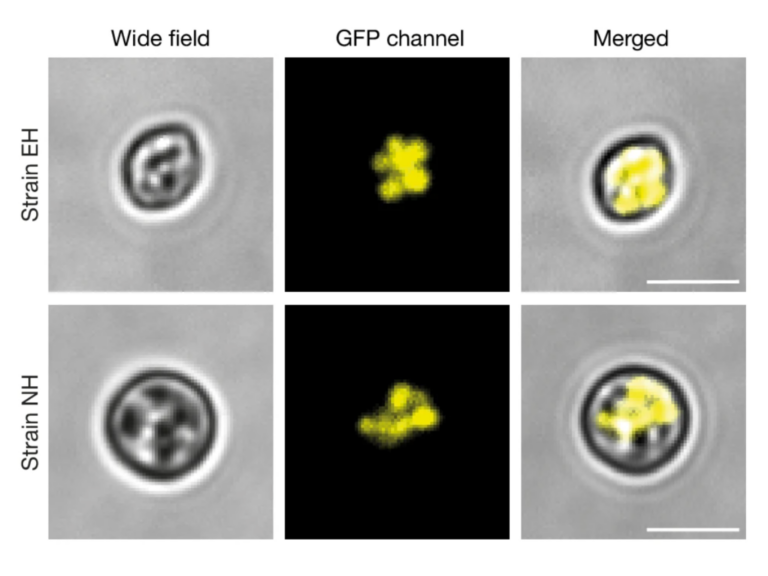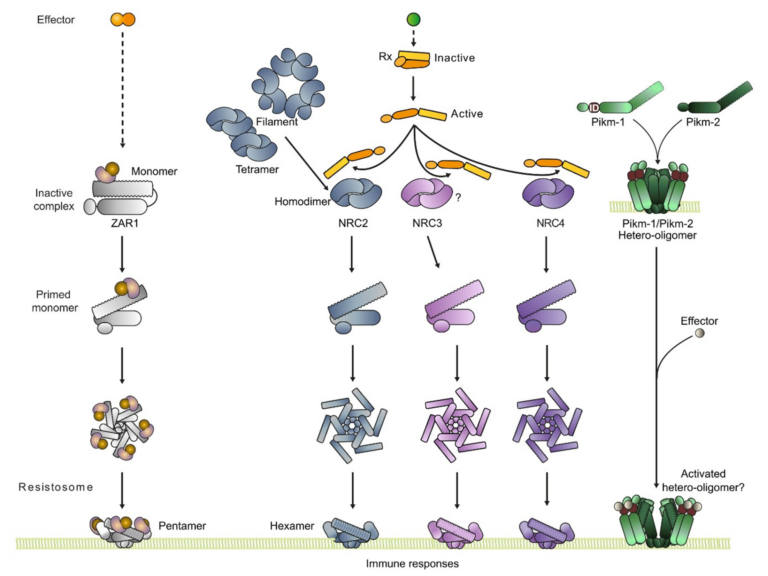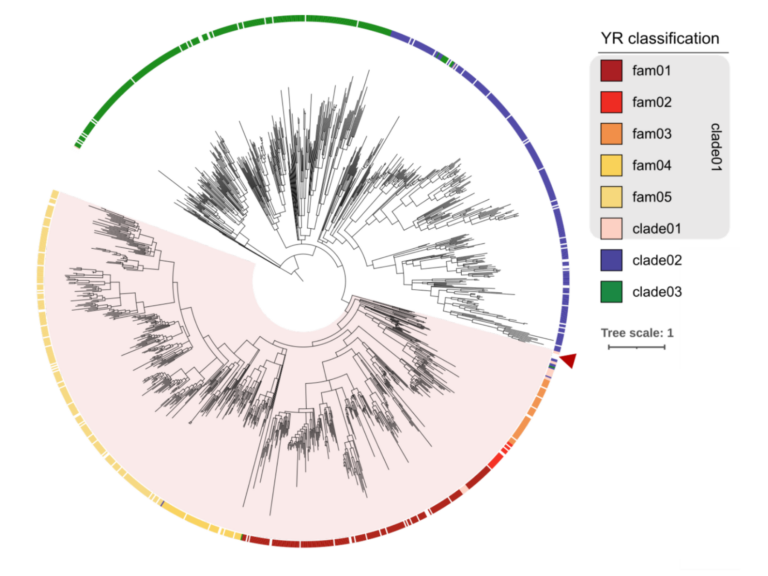Response of earthworm enzyme activity and gut microbial functional diversity to carbendazim in the manured soil
The effect of pesticide pollution on environmental microorganisms in soil has become the focus of widespread concern in society today. The response of earthworm gut and surrounding soil microbial functional diversity and enzyme activity to carbendazim (CBD) was studied in a soil-earthworm ecosystem amended with manure. In the experiment, CBD was added to the manured soil (MS). Meanwhile, the pesticide treatment without manure and the control treatment without pesticides were also set up. The activities of catalase (CAT) and acetylcholinesterase (AChE) were measured to evaluate the toxicity of CBD. The Biolog method was used to assess the functional diversity of the microbial community. In the 2 mg/kg CBD treatment, earthworm AChE activity decreased significantly in the MS after 14 d, which occurred earlier than in the un-manured soil (NS). The changes of earthworm CAT activity in the pesticide treatments showed a trend of initially increasing and then maintaining at a high activity level. However, the CAT activities at 28 d in the manured soils were clearly lower than that at 7 d for both the CBD treatments, while they remained stable in the control treatments. The carbon source utilization, Simpson index, Shannon index, and McIntosh index of soil microorganisms in the MS treatments were significantly higher than those in the NS treatments. The overall activity of earthworm gut microorganisms in the MS treated with 2 mg/kg CBD was higher than that in the control. Also, CBD treatment (2 mg/kg) increased significantly the Simpson index and McIntosh index of earthworm gut microorganisms. The results indicated that the enzyme activities in the manured soils increased before 7 d for the pesticide treatments. Furthermore, exposure to CBD at a high concentration in the MS not only led to the earlier inhibition of earthworm enzyme activity but also significantly improved the overall activity of earthworm gut microorganisms and microbial functional diversity. This study revealed the ecotoxicological effects of earthworms in response to pesticide stress following the use of organic fertilizers under facility environmental conditions, which can provide a theoretical basis for the remediation of pesticide pollution in soil in the future.


